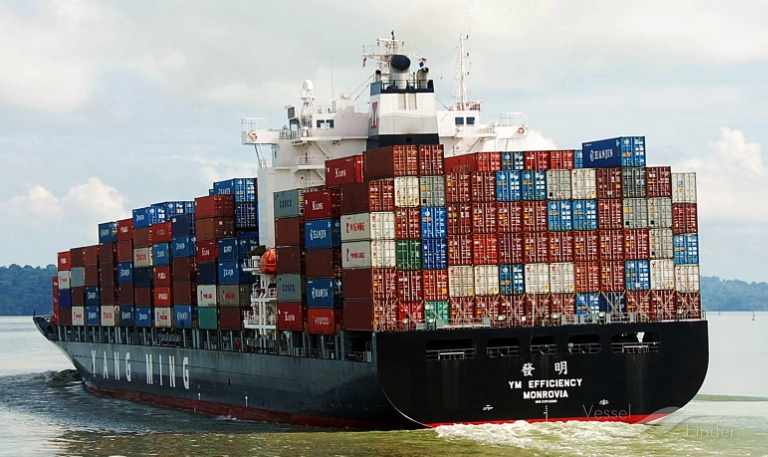Maurice Lynch, Senior Associate, and Tom Mangan, Law Graduate, Mills Oakley. Australia
In the age of mega container ships capable of carrying thousands of containers, the potential for incidents affecting large numbers of these containers increases. In the past four years alone, Australian freight forwarders and consignees have been impacted by container stow collapses on three large container ships.
In 2014, the MV “Cosco Fukuyama” lost approximately 30 containers while leaving Hong Kong, in 2016, the MV “APL England” lost approximately 30 containers during a voyage from Fremantle to Port Botany, and now in 2018, the MV “YM Efficiency” carrying 2,252 containers lost 83 containers and had damage to 30 others while off the New South Wales Coast and sailing to Port Botany.
We have been monitoring and investigating the incident involving the YM “Efficiency”. The Australian Transport Safety Bureau has confirmed that it has begun investigating the cause of the loss of container cargo. They have released a short statement noting the impact of foul weather off the NSW coast near Port Stephens and have observed that
“Shortly after midnight (Thursday night/Friday morning), while sailing through rough weather, the vessel rolled and pitched heavily, resulting in substantial movement of the cargo containers”
Freight forwarders and cargo owners are in a difficult position when news of events such as large container stow collapses are reported. They will often be the last to find out and will not have access to information when they do find out that will allow them to determine whether or not the container stow collapse was solely caused by a peril of the sea (which would usually provide the carrier with a defence to any claims), or whether there was some other event which caused the collapse, for example poor lashing or incorrect stability calculations for the contemplated voyage.
Despite this difficult position, if freight forwarders and cargo owners act quickly, they can potentially obtain information which will assist them in making a decision as to whether or not a vessel owner is liable for a claim arising from a container stow collapse. When a freight forwarder or cargo owner becomes aware of a container stow collapse, they should:
- notify their marine insurer of a potential claim;
- appoint a surveyor (usually a former master mariner);
- make contact with the representatives of the vessel owner (usually their lawyers) and request that the vessel owner permit their appointed surveyor access to the vessel when it berths to undertake an inspection of the collapsed container stacks;
- request the vessel owner preserve damaged materials and materials and equipment used to secure the containers; and
- request relevant ship’s documents such as log books, tall documents, stow plans, lashing plans and stability documentation.
The above steps are crucial to allowing a freight forwarder and cargo owner to preserve and strengthen any right to pursue a claim against the carrier following the loss of containers. It is important to take such steps for the following reasons:
- Once the container stow collapsed is cleaned up in port, it might not be possible to obtain evidence which will assist in determining the cause of the container stow collapse;
- Even if the Australian Transport Safety Bureau are appointed and will be preparing an investigation report, these reports are not admissible in court proceedings;
- Given the weather conditions on the east coast of Sydney over the past week, it is fundamental that a thorough investigation is conducted. The owners of the vessel may seek to rely on the perils of the sea defence. However, the carrier must prove that the peril of the sea was the sole cause of the damage. If the peril of the sea occurs concurrently with any breach of duty (that is, there was insufficient lashing, storage or stability of the ship), the defence will fail and the cargo owner and freight forwarder will have a claim.
Taking the above steps early potentially assists in obtaining the evidence which proves the carrier has either failed to exercise due diligence prior to and at the beginning of the voyage, or has failed to properly and carefully load, carry and care for the containers.
Note: Mills Oakley successfully represented cargo interests in the MV “Cosco Fukuyama”, MV “APL England” and MV “YM Efficiency” container stow collapses to allow their surveyors access to these vessels when they berthed. .

